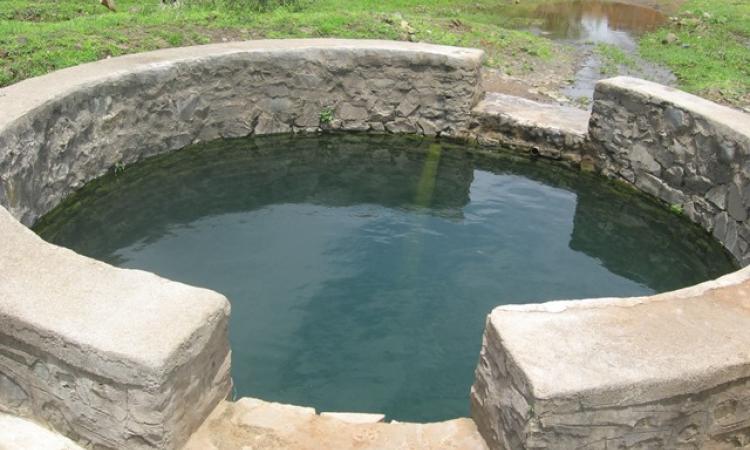
With increasing concern over water security, water governance worldwide is undergoing a gradual change. This paper 'New institutional structure for water security in India' published in the Economic and Political Weekly informs that inspite of increasing water security concerns, there has not been any change in the knowledge base or the institutional structure for managing water systems in India since the end of the British rule in 1947.
This makes the present efforts of the Ministry of Water Resources (MoWR) for restructuring Central Water Commission (CWC) and Central Ground Water Board (CGWB) very pertinent. It also makes this a right time for introducing changes in the institutional structure for water governance in the country.
The new water governance strategy for India
For this, the older way of looking at surface water and groundwater separately needs to give way to a holistic vision where the two are seen as ecologically connected. Water governance needs to be based on a broad interdisciplinary framework, within which the various activities of CWC and CGWB can be distributed and internalised, as part of the transformation. There is a need for fundamental changes within the existing institutional structures.
Institutional responsibilities
The institutional responsibilities of a restructured water governance strategy should include:
- Water governance at various spatial levels, from the country level to the local administrative units, based on the ideas of integrated river basin management (IRBM)
- Generation, storage and dissemination of data on the hydrological cycle, relevant for India
- Interdisciplinary research on water systems and periodic updating of the knowledge base of governmental officials and water policymakers
- Promoting innovations in water technologies
- Formulation of laws and policies based on interdisciplinary knowledge for utilisation and conservation of water systems and encouraging public interest and participation in decision-making processes
- Creating mechanisms for resolution of water conflicts at diverse spatial levels, especially the ones that are trans-boundary in nature
Institutional structures
The paper argues that the geopolitics of water engineering and interventions to alter its natural distribution in India has so far been guided by a project mode. The restructuring of water governance should make way for a holistic upgradation to the spatial level of river basins. For this,
- River Basin Organisations (RBOs) with institutional authority for keeping the river basin and groundwater aquifers in good condition and productivity need to be established. They can be responsible for allocation of river flows and ground water to competing needs and demands in the basin
- Various states in the basin will have the authority of executing water use within such an allocation. This will help in a gradual and ecologically-continuous distribution of authority from the national level to the RBOs to the basin states, and further down to the towns and villages
- Effective functioning of RBOs will depend on the availability of recent knowledge and quantitative scientific data on the movement of water along all the links within the hydrological cycle, for the respective basins. Thus, an institution with appropriate authority for generation, storage and dissemination of such data is needed at various levels--from the national to river basins and the village levels
- The new institutional structures need to be in close touch with new interdisciplinary knowledge in water science and policy. For this, institutions of water science and policy research need to pay attention to the much-neglected social, political, economic and ecological dimensions and the schools of water engineering need to be encouraged to be at the forefront through coordinated and sustained research programmes. The institutions should also work to build wider professional linkages with various parts of the MoWR and the RBOs
- With limited availability of water, water security will depend heavily on technological innovations aimed at better efficiency of water use and better de-pollution from waste water. Thus, water-based technologies should have higher support and visibility in the new structure. At the same time, public information and participation in related research and dissemination also needs to be ensured
- Maintaining water security requires the support of a comprehensive legal structure. The urgency of the situation with respect to water needs fundamental changes in the property rights and responsibilities of the citizens supported by an effective but participatory regulatory institutions
Please download a copy of the paper from below: